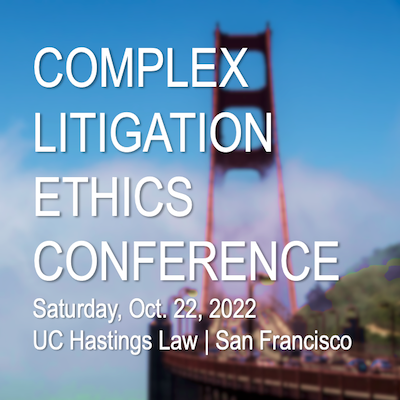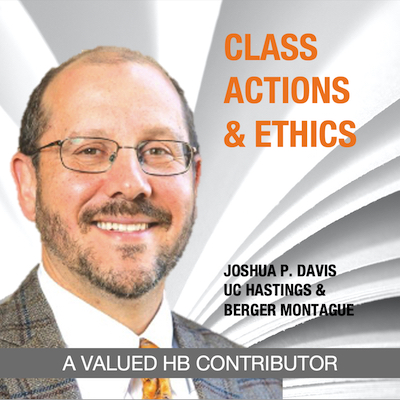Fall bellwether trials for social media addiction cases to test novel legal theories
Are social media platforms the next Big Tobacco? A major lawsuit argues they’re designed to be addictive—will the courts agree? Justin Ward explores the upcoming bellwether trials against major social media platforms like Instagram, TikTok, Snapchat, and YouTube. The consolidated lawsuits, involving over 1,900 claims, argue these platforms are deliberately designed to exploit young users and cause addiction—drawing comparisons to cases against nicotine and opioids. Ward examines the complex legal challenges, including First Amendment issues and Section 230 protections, as courts determine whether these claims of negligence and failure to warn will move forward. The trials could set major precedents for social media regulation and corporate accountability.




